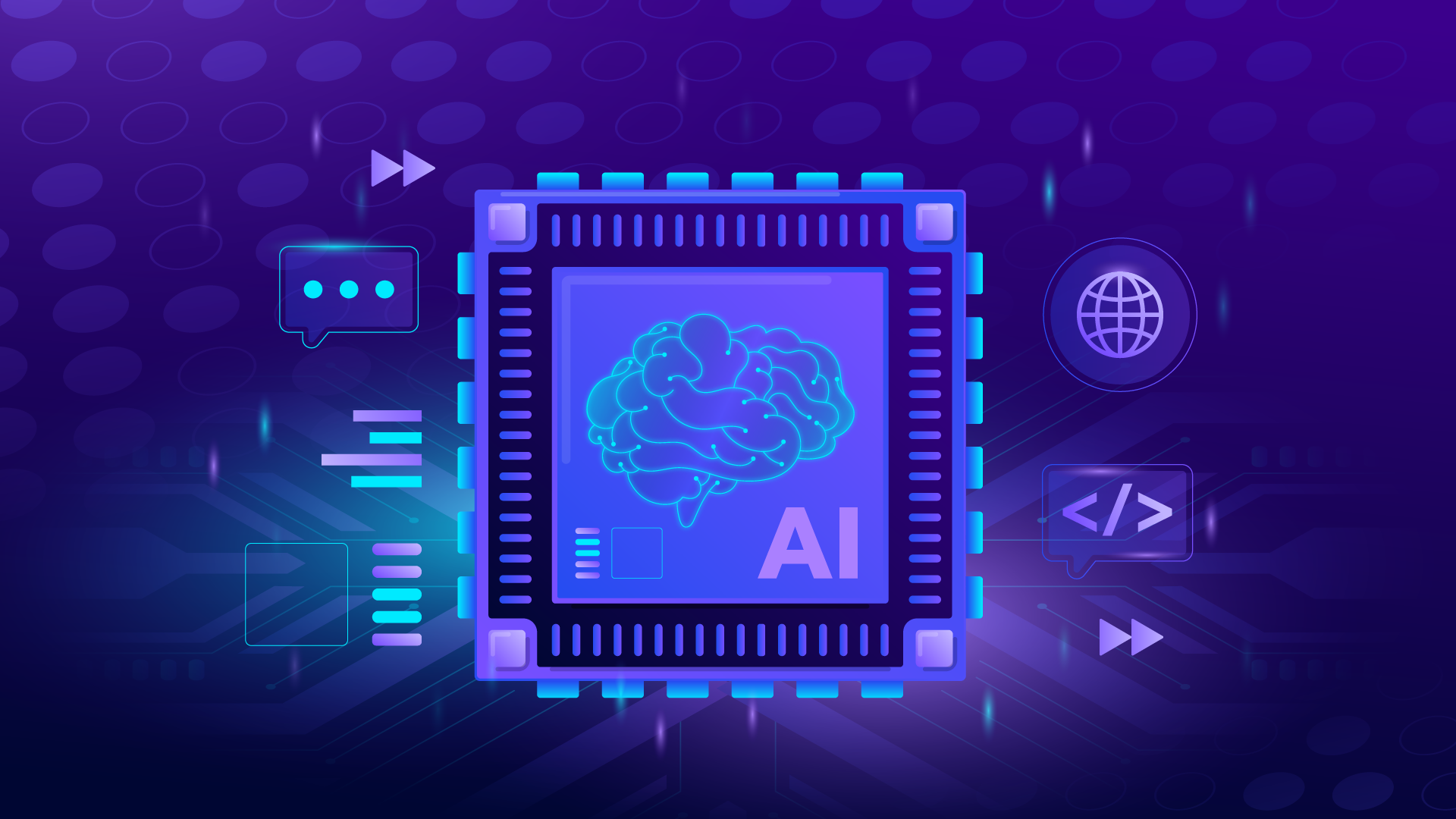Transformative Role of AI in Custom Software Development

Welcome to the world of AI in custom software development.
In this blog post, we will get into the impact of AI on custom software development in the enterprise. The emergence of artificial intelligence promises to revolutionize how we create applications and the larger business technology ecosystems.
While AI brings the benefits of automated code generation and improved code quality, it is important to understand that there is still a critical place for human expertise in defining the application structure and overall enterprise tech architecture.
Streamlining the Development Workflow
First, let’s explore how AI can enhance the development process.
This will:
- Create significant savings in mundane software development tasks.
- Empower developers to be more productive.
It is common in every application development scenario where developers spend a significant amount of their time writing repetitive lines of code that perform similar tasks. We often call this software code as boilerplate code. These tasks could involve tasks like authentication, data validation, input sanitization, or even generating code for common functionalities such as calling APIs and so on.
These tasks, although necessary, can be time-consuming and monotonous, preventing developers from dedicating their efforts to more critical aspects of the development process.
Even today, accelerators like Intelligent Quality Accelerator (IQA), Intelligent Data Accelerator (IDA) and also shortcuts exist to generate all this automatically for developers.
However, with the advent of AI-driven tools and frameworks, this scenario can be enhanced much further. The code generation is now context aware instead of just being code that needs to be customized. This will provide developers with a significant productivity boost.
For example, let’s consider a developer who needs to implement a form validation feature in their application. Traditionally, they would have to write multiple lines of code to validate each input field, check for data types, and ensure data integrity. With AI-powered code generation, developers can specify their requirements, and the AI tool can automatically generate the necessary code snippets, tailored to their specific needs. This automation not only saves time and effort but also minimizes the chances of introducing errors.
Thus, by leveraging AI algorithms, developers can streamline their workflow, increase efficiency, and devote more time to higher-level design and problem-solving. Instead of being bogged down by repetitive coding tasks, they can focus on crafting innovative solutions, creating seamless user experiences, and tackling complex challenges.
The Importance of Human Expertise
While AI excels at code generation, it is important to acknowledge that the structure of an application goes beyond the lines of code.
Human expertise plays a key role in defining the overall structure, ensuring that it aligns with the intended functionality, architecture, and user experience.
Consider a scenario where an organization wants to develop an application that processes customer returns. The application needs to have modules for managing customer information, tracking interactions, looking up merchandise and vendor specific rules, and generating reports. AI can assist in generating the code for these individual smaller modules based on predefined patterns and best practices.
However, it is the human experts who possess the domain knowledge and understanding of the business requirements to determine how these modules should be structured and interact with each other to deliver the desired functionality seamlessly.
Software architects or senior developers collaborate with stakeholders to analyze the business processes and define the architectural blueprint of the application. They consider factors like scalability, performance, security, and integration with existing systems. By leveraging their expertise, they ensure that the application is robust, extensible, and aligned with the organization’s long-term objectives.
Since developing a software application often involves integrating it within an existing tech ecosystem and aligning it with the organization’s overall technology architecture, human input plays a critical role.
Let’s consider another scenario where an organization plans to build a new e-commerce platform. The enterprise tech architecture needs to consider aspects such as the selection of the platform software, desired plugins, external database systems, deployment strategies, and security measures. While AI can help implement detailed software functionality, it is still the human architects who possess the expertise to evaluate and select the most suitable architecture that aligns with the organization’s specific requirements and constraints.
Better Talent Management
With AI assisting with custom software development, the management of skills and talent within an enterprise can be significantly improved.
As developers are relieved from the burden of mundane coding tasks, they can focus on working at a higher level. That enables them to better leverage their expertise to drive innovation and solve complex problems.
Let’s consider an example of an enterprise team tasked with integrating a new e-commerce platform into an existing system.
Traditionally, integrating a new e-commerce platform would involve writing custom code to handle various aspects such as product listing, shopping cart functionality, payment processing, and order management. This process would require developers to invest considerable time and effort in understanding the intricacies of the platform. They would have to learn specific APIs and would have to implement much of the necessary functionality from scratch.
However, with the aid of AI in code generation, developers can automate a significant portion of this process. They can leverage AI-powered tools that provide pre-built code snippets tailored to the selected e-commerce platform. This allows developers to integrate the platform into the existing system much faster.
Thus, the integration of AI in custom software development not only improves productivity and efficiency but also alleviates the pressure of talent management and hiring within enterprises.
As AI automates the base-level coding tasks, the demand for volume diminishes. AI helps make skills more transferable across different projects and reduces the need for hiring a large number of developers solely focused on low-level coding tasks.
With AI handling the foundational coding work, this shift allows organizations to prioritize hiring developers with expertise in areas like software architecture, system integration, data analysis, and user experience design.
Additionally, the adoption of AI-powered tools and frameworks enables developers to explore new technologies more easily. They can adapt their existing skill sets to different projects and platforms, reducing the need for specialized skills that may have been traditionally required for specific coding tasks.
As a result, organizations can optimize their talent management strategies and promote a more agile and adaptable workforce.
Next Steps on Human – AI Collaboration
While AI will shift the focus away from mundane coding tasks, it will also require developers to operate at a higher level of abstraction such as addressing user experience, enterprise architecture, and integration.
The time saved on mundane tasks can be invested in accelerating new feature development, exploring new technologies, and collaborating with stakeholders to understand business requirements better.
AI is definitely set to transform the world of custom software development. In the next blog, we will take a look at tools and technologies available today to help enterprise developers make this leap.

